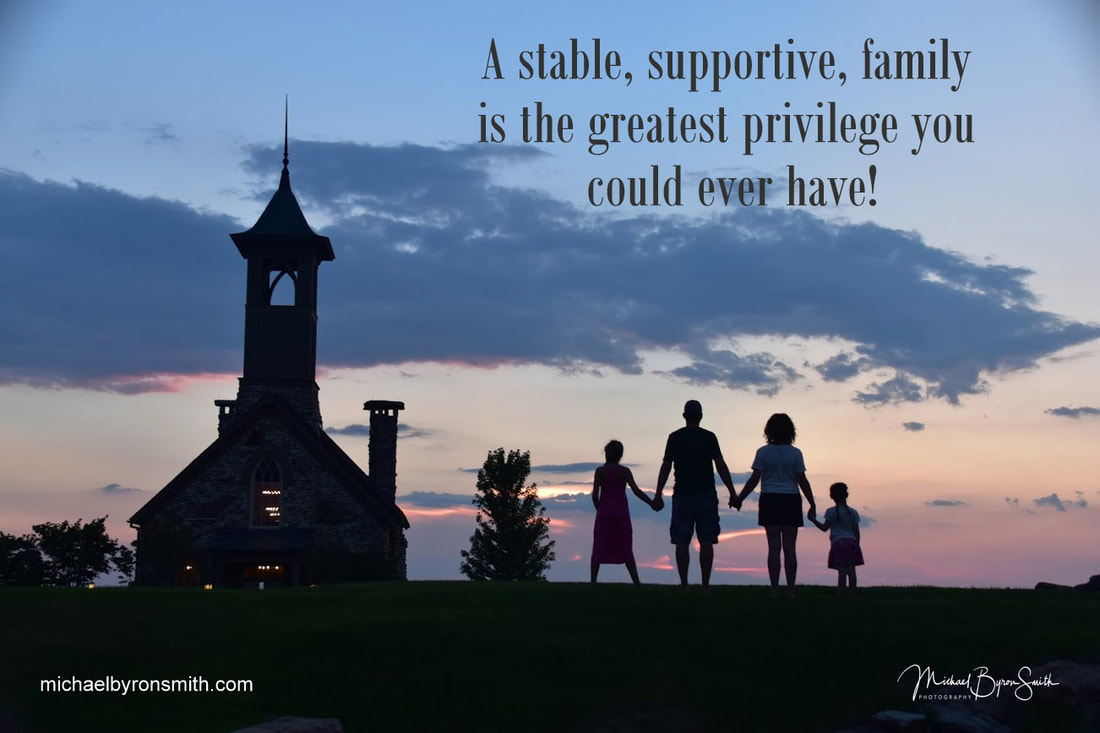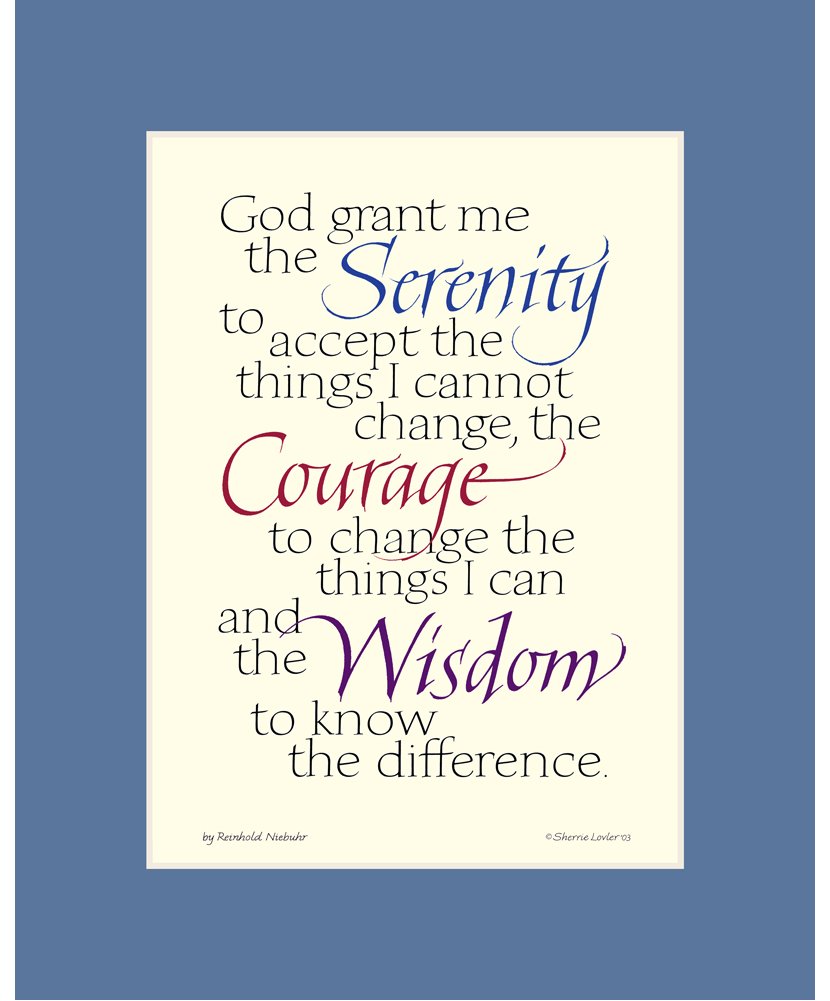When I was a young boy, there was not much to be happy about. But there were a few months I look back on that were simply joyous! The key to my contentment in those few months was being carefree. For a child, being carefree is synonymous with happiness. But what allows a child to be carefree discounting their groans of ‘who gets to go first,’ or ‘that’s not fair’? Its parents loving, nurturing, and protecting them - and each other.
Parents, on the other hand, don’t have the luxury of being carefree. Having a family to protect and raise is one of life’s most precious gifts and most harrowing responsibilities. Aristotle said, “Happiness depends upon ourselves.” I’m assuming Aristotle intended this quote for adults because most kids are not ready for that kind of mature thinking. Adults do have to depend on themselves to do what’s right and accept what they can’t control. So how do parents find happiness? I believe they find it by successfully meeting their responsibilities and goals!
The following is an excerpt from a memoir I am currently writing. I use it here to demonstrate the pure happiness I had as a child, and why it happened for a few months in 1958 when I was eight-years-old.
The House with a Big Tree
“He is happiest, be he king or peasant, who finds peace in his home.”
~ Johann von Goethe, German poet
I wonder about the reminiscences of those who were fortunate enough to have somewhat more conventional families and lives. What stayed with them? Do those memories make them smile? If it’s anything like the few months we lived in a small house with a big tree in Caseyville, Illinois, then I understand how wonderful it can be to live happily with an unburdened heart creating memories to cherish!
My personal Shangri-La passed much too quickly in the late 1950s. I remember the joy, the carefree feelings of waking in the morning, and promptly running outside to find my friends, not willing to miss one minute of fun being outdoors. There were times when I didn’t want to go home for lunch because I didn’t want to interrupt the joy. I remember the house, the curving, dead-end, street on which we lived, and the big tree which we climbed; it may have been an oak shading our front yard. I remember my brown and white, shaggy mutt, named Frisky, and how he would meet me halfway between the school bus stop and home. I had a bike and friends with which to ride. Nothing ever planned, but each day burst with activity for my brother Steve and me. At that particular time in my childhood, home life was what ‘normal’ was for most. I had a brother two years younger, two toddler sisters, and a newborn brother. My mom stayed at home with us, and my dad worked as a truck driver for a decent salary. We rented a small but comfortable four-room house with station wagon less than five years old in the driveway. Most importantly, however, I remember that there was something near peacefulness in my home.
It was during this short period of family bliss in Caseyville, Illinois that a rare, almost unique, father-son occasion occurred that I will never forget. I had somehow discovered a love of baseball. Up to this time, I had rarely played in pick-up games, but I enjoyed following the St. Louis Cardinals in the ‘Big Show.’ I always listened to their games on the radio, visualizing the action the voices were describing. The discussions between plays taught me the game and a love of conversation. One night my mom suggested to my dad to take me to watch the Cardinals at Sportsman’s Park, recently renamed Busch Stadium for the new owner, August Busch. To actually see the ballpark and players described every summer night by Harry Caray rarely crossed my mind. It was my make-believe world! One evening, my father surprisingly accepted my Mom’s request and took me to see the Cardinals play. Not surprisingly, we got there late and left early. Dad was not a sports fan in the least, but I was so thankful that he took me!
Beyond my expectations were the beautiful, lush, green grass on the field, the size of the enormous scoreboard in left field, and an impressive Anheuser-Busch sign with an eagle poking his head through an ’A’ that prominently flapped its wings when a Cardinal hit a home run. I don’t remember the Cardinals opponents that night, but I do remember seeing outfielder Wally Moon hit a home run, prompting the eagle to flap its stuttering wings atop the scoreboard while a bright red bird flew neon- sign-to-neon-sign behind the left-field stands. It was a special night! To this day, I struggle to talk openly about this memory without welling and tearing up.
I stop there because I want to stay positive. This wonderful time of my childhood came about for two reasons. 1) My father had stopped drinking and was taking care of his family. 2) Because of this sober hiatus of his, I was allowed to be carefree. The fairy tale didn’t last because he started being irresponsible once more, and the carefree days gave in to worry. The few months of bliss was due to a simple formula – responsible parents allowing kids to be carefree.
Summary
I think blind, unadulterated, unearned happiness is for children to enjoy – i.e., when the circumstances allow it. For parents, there is work to do because there is no earned happiness without overcoming challenges. But being a parent is the perfect challenge to seize upon, working through frustrations, hard days and nights, crises, and multiple failures. Then seeing the rewards coming on the other side of all that, happiness will be assured. I know just seeing my children and grandchildren happy is all I need!
Happiness is not getting a full-house; it’s getting a house that’s full of love and caring. It is simply a by-product of doing something good for another.
#powerofdadhood

















